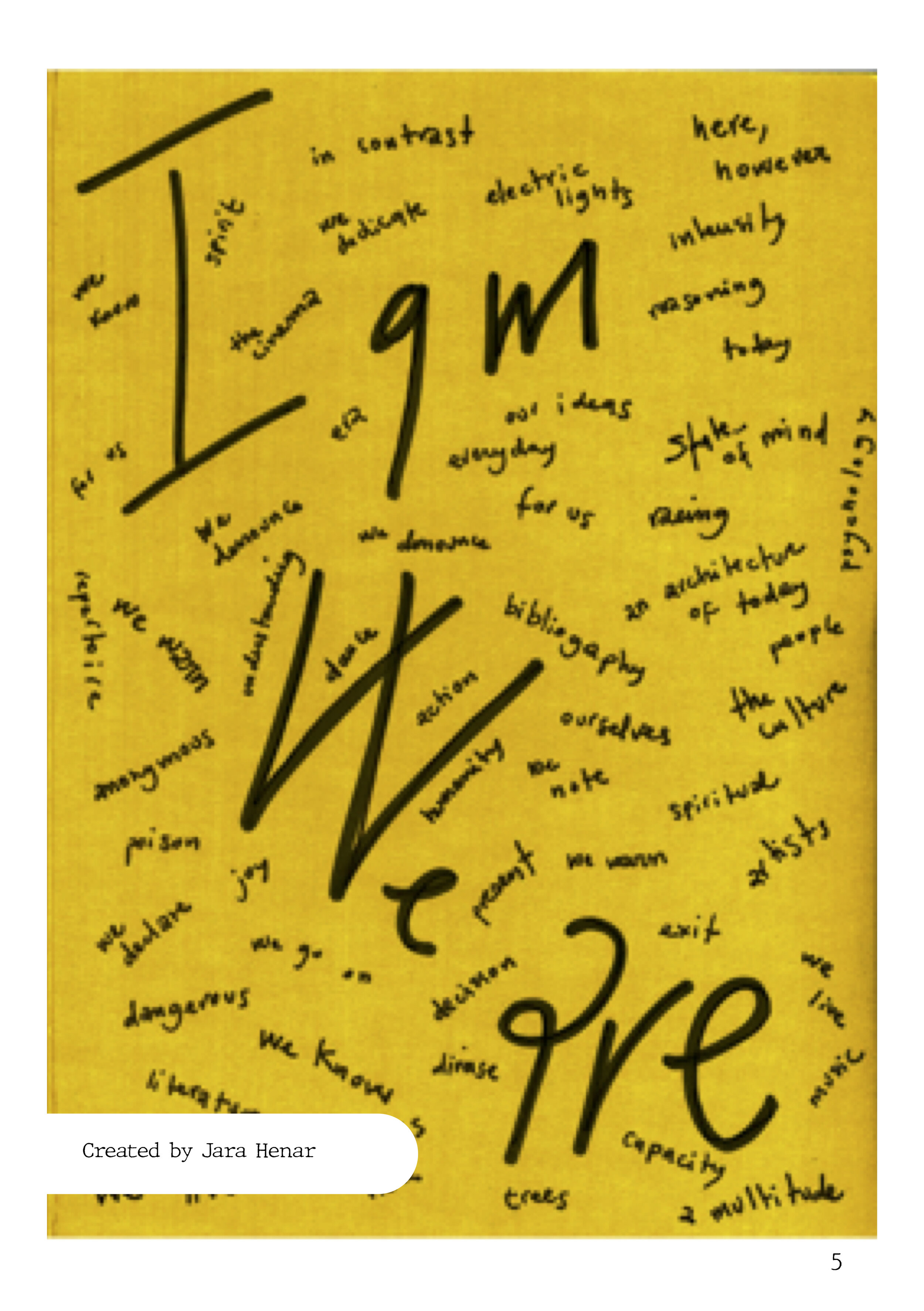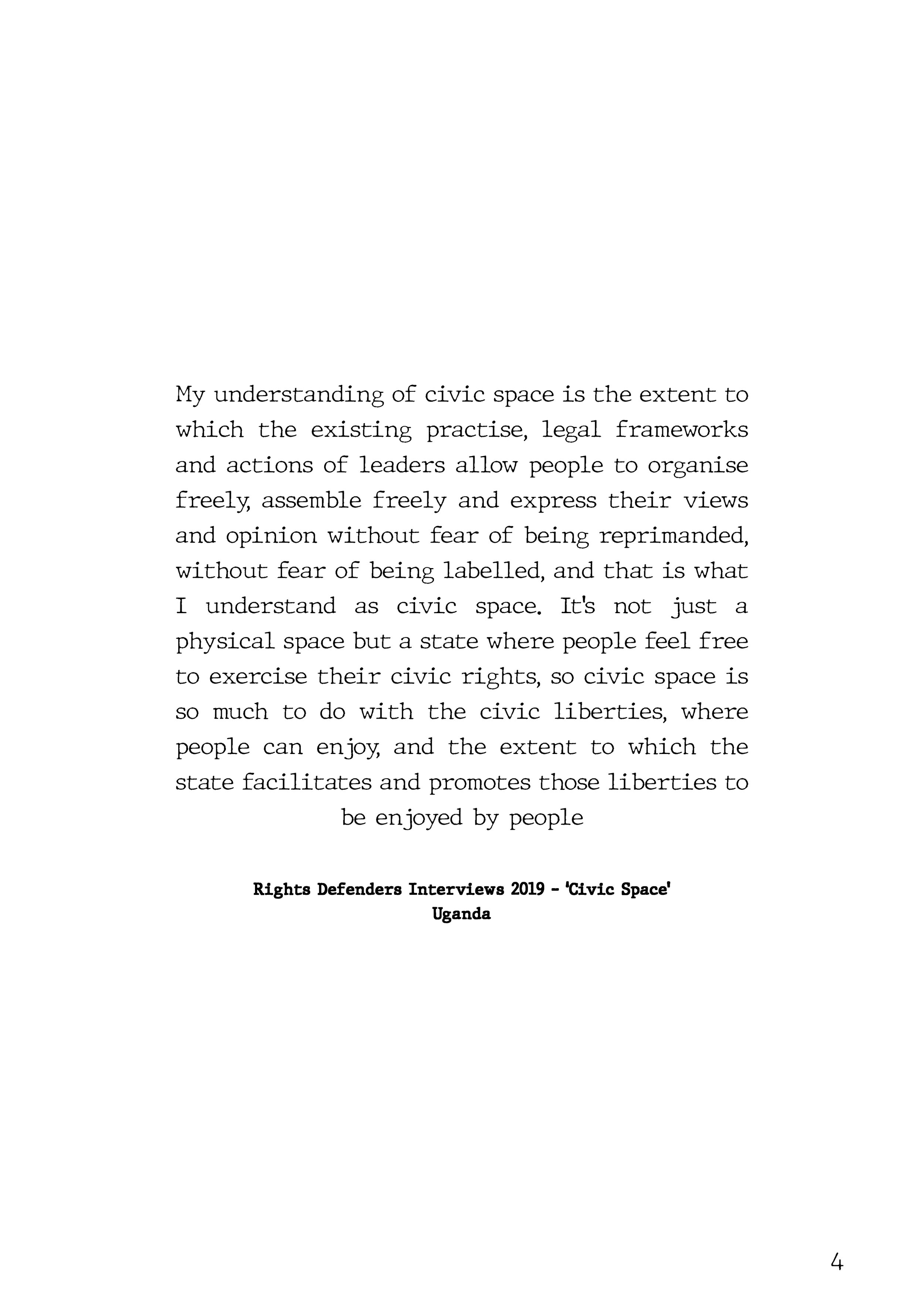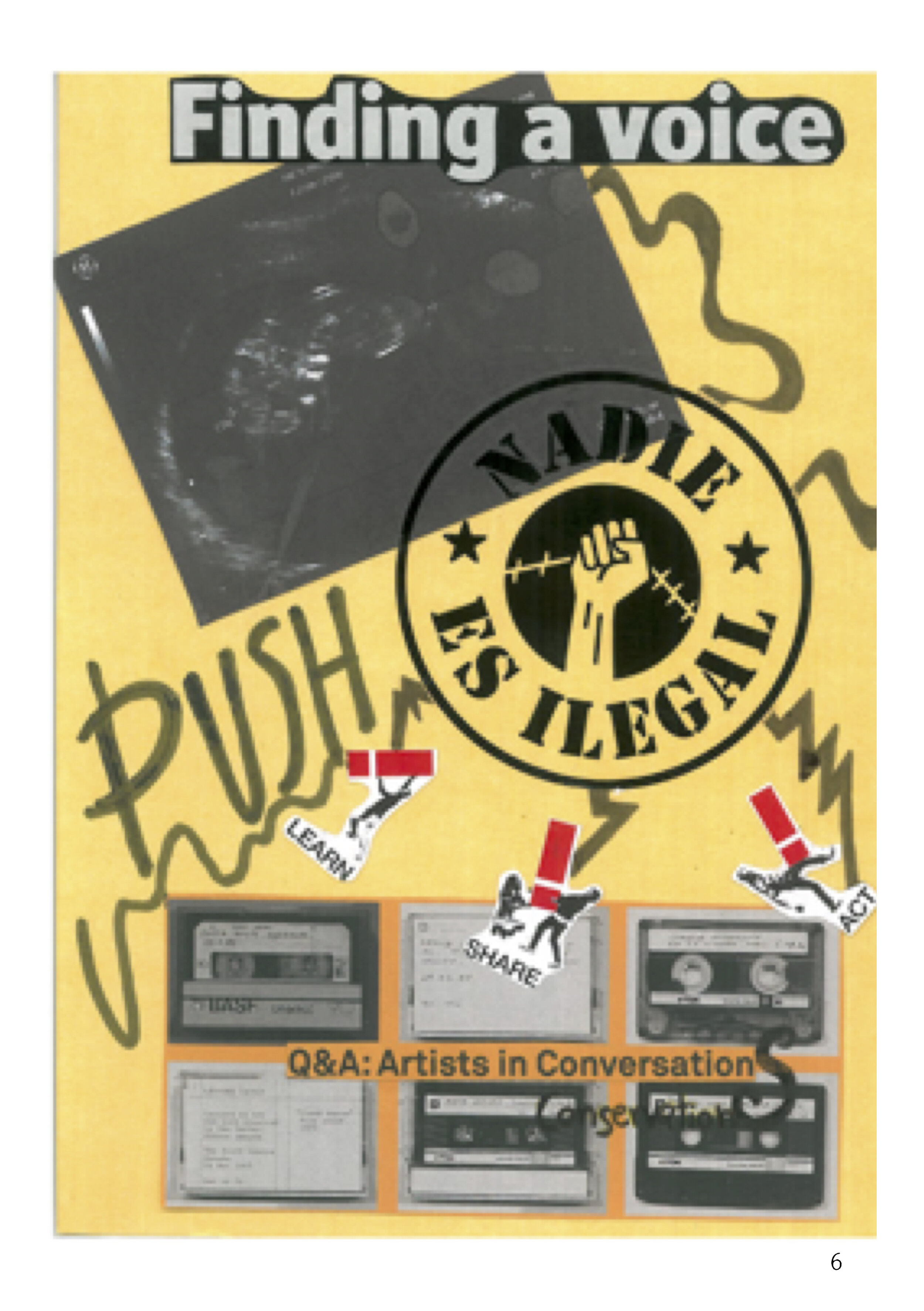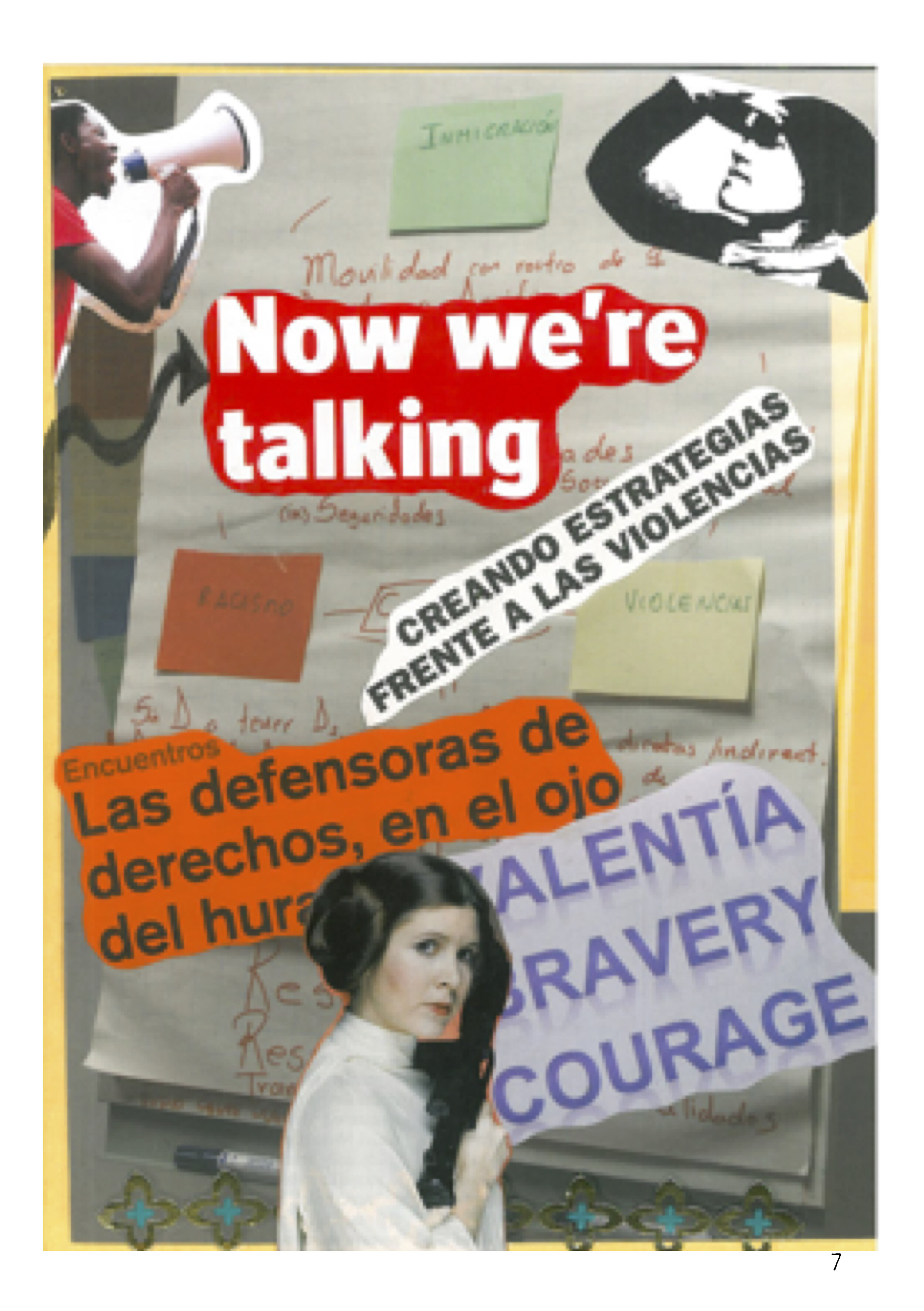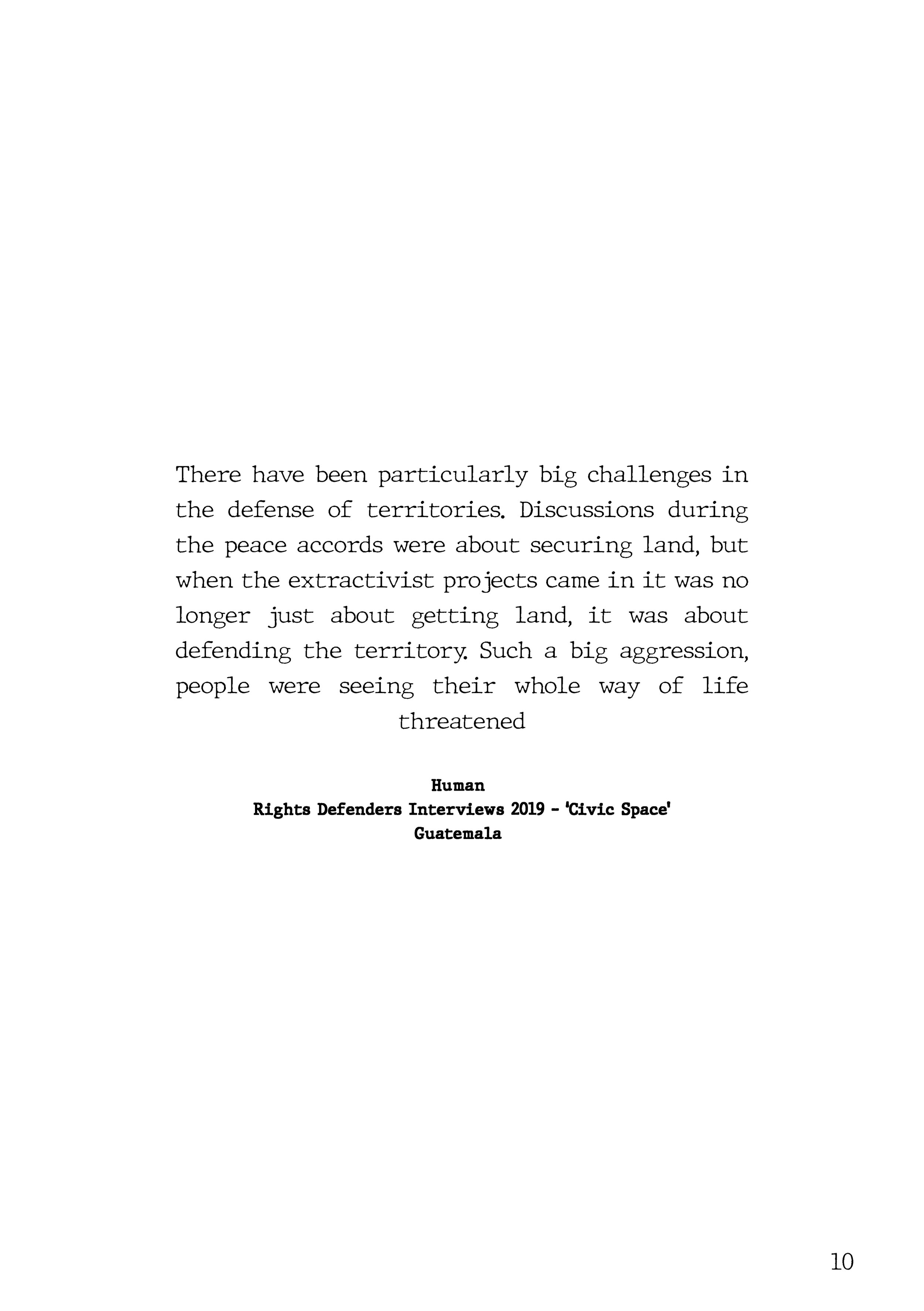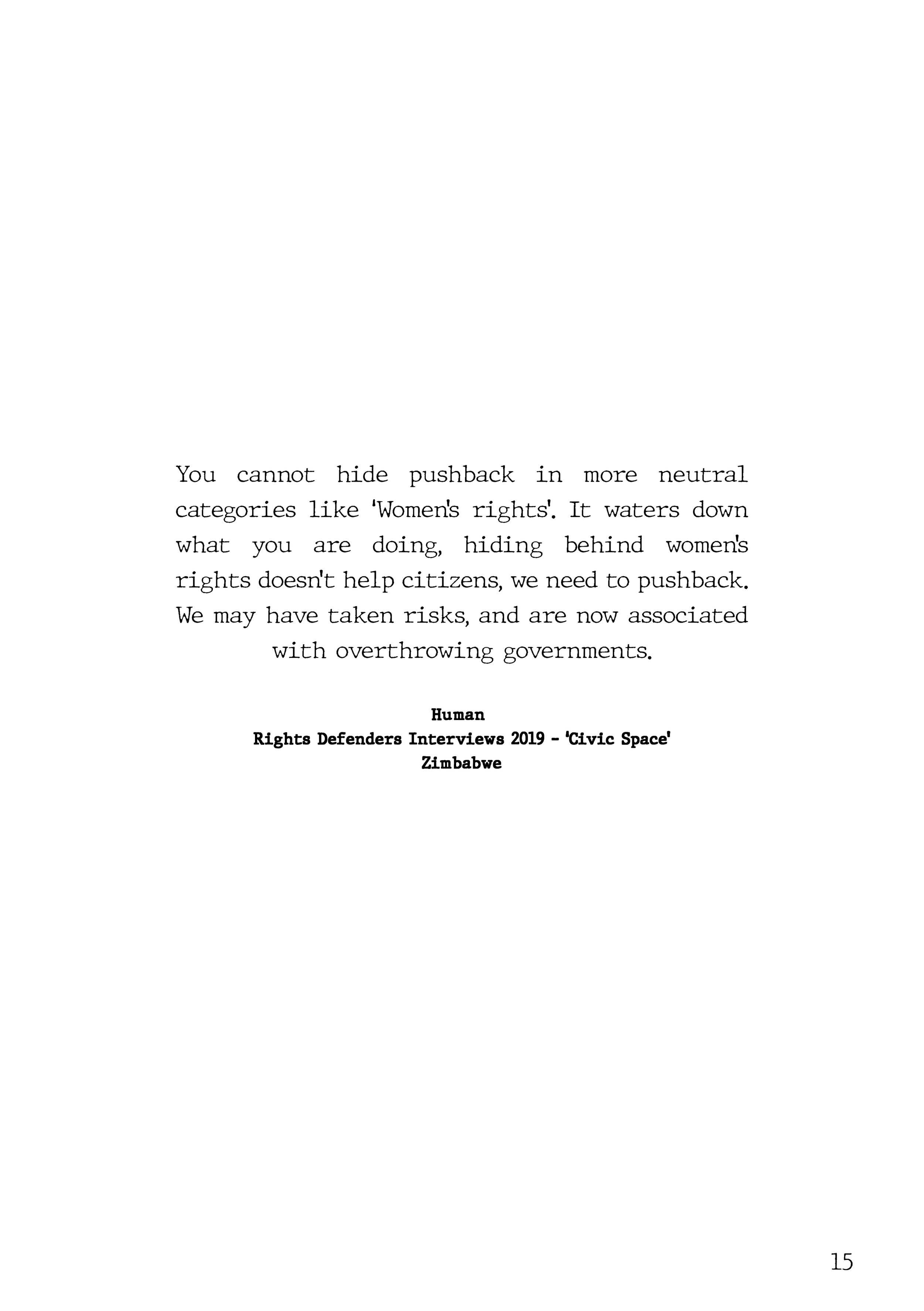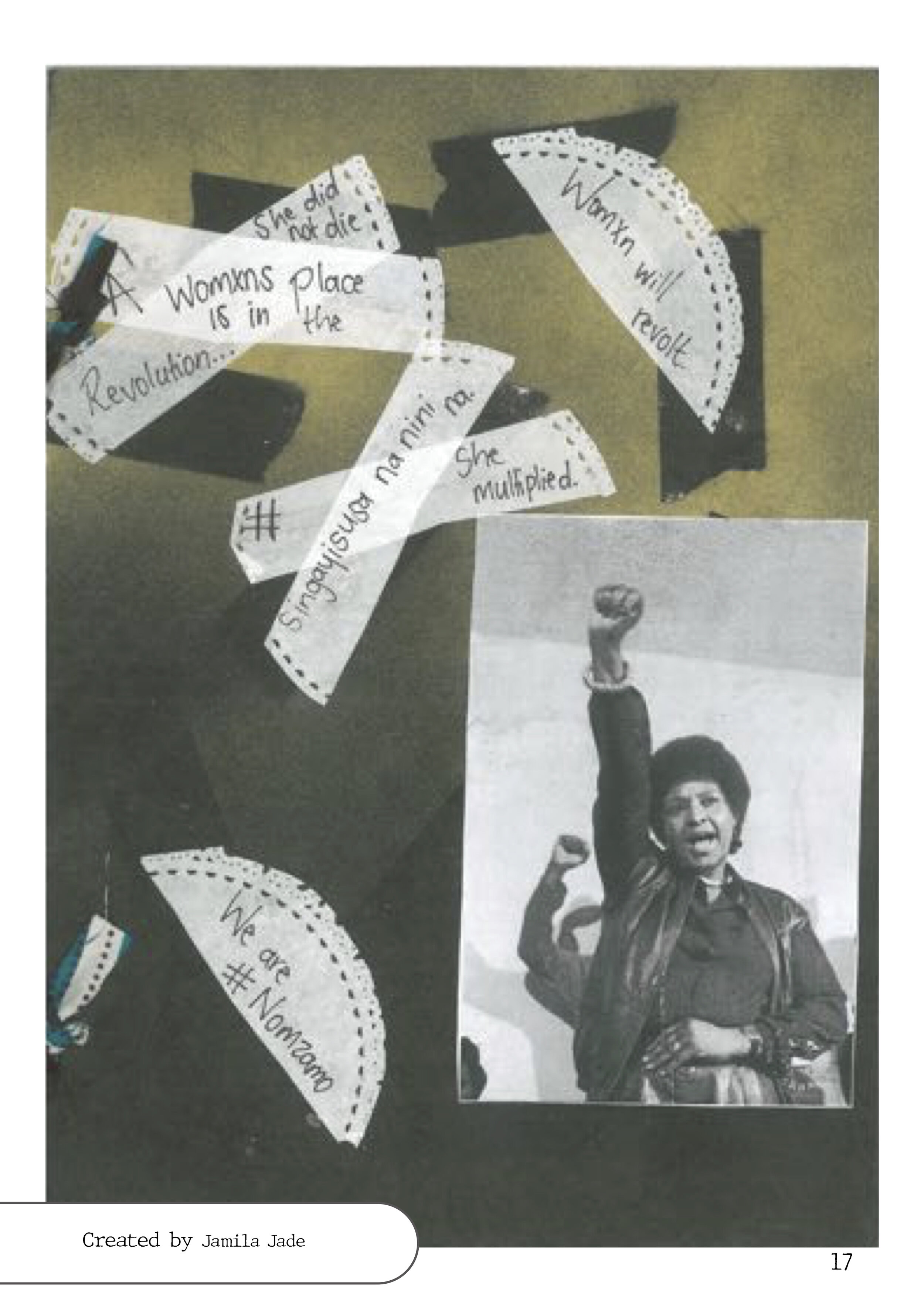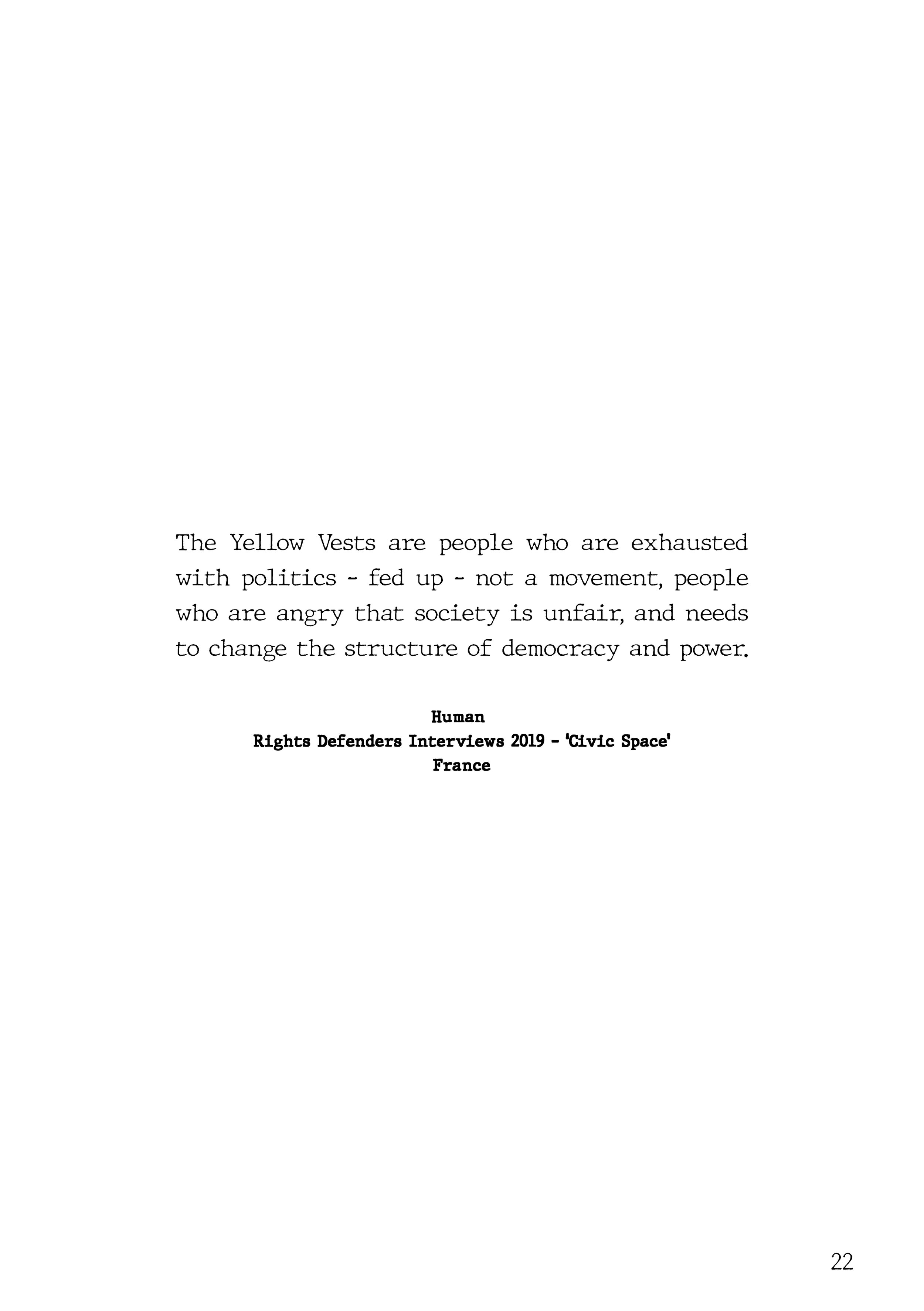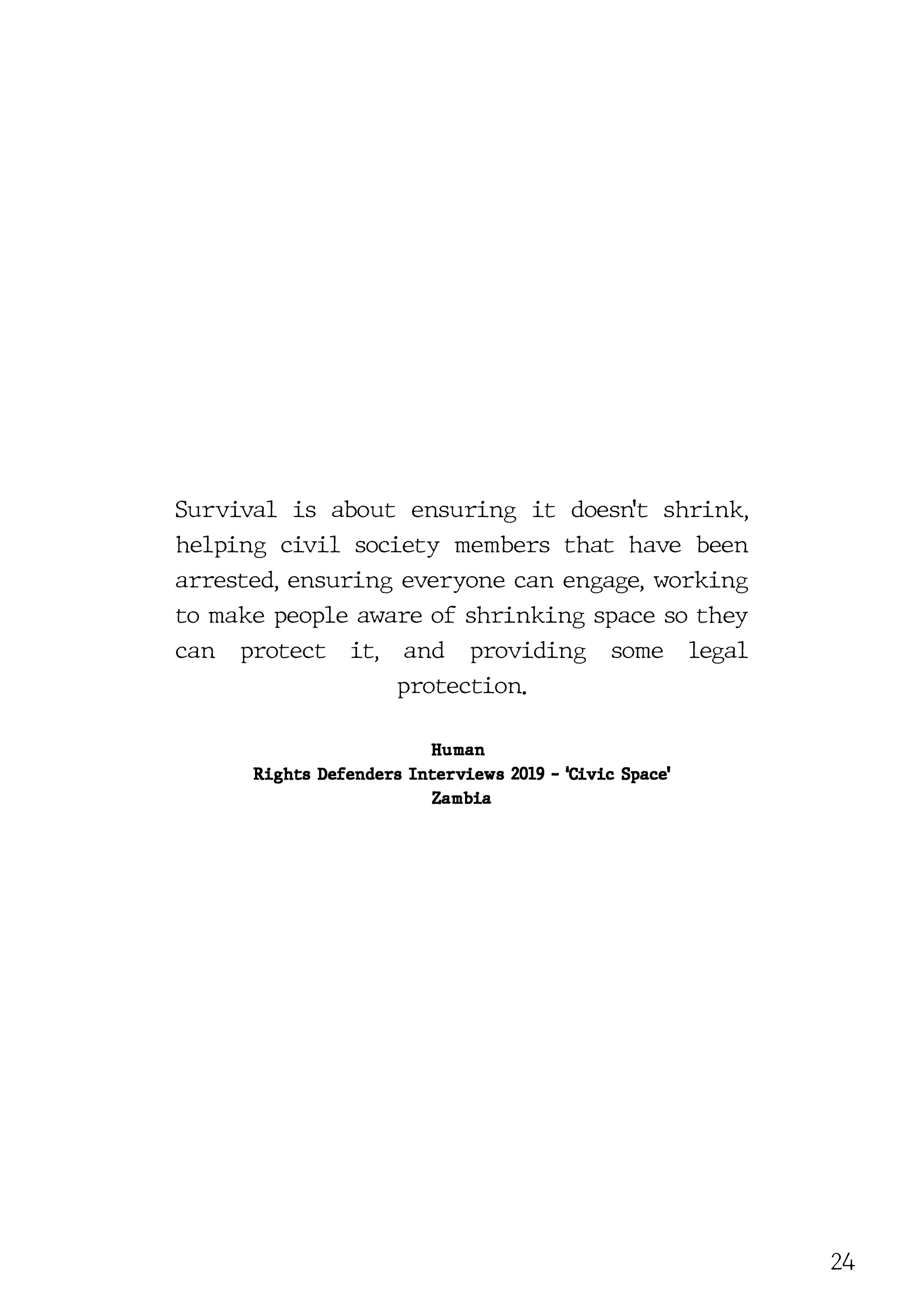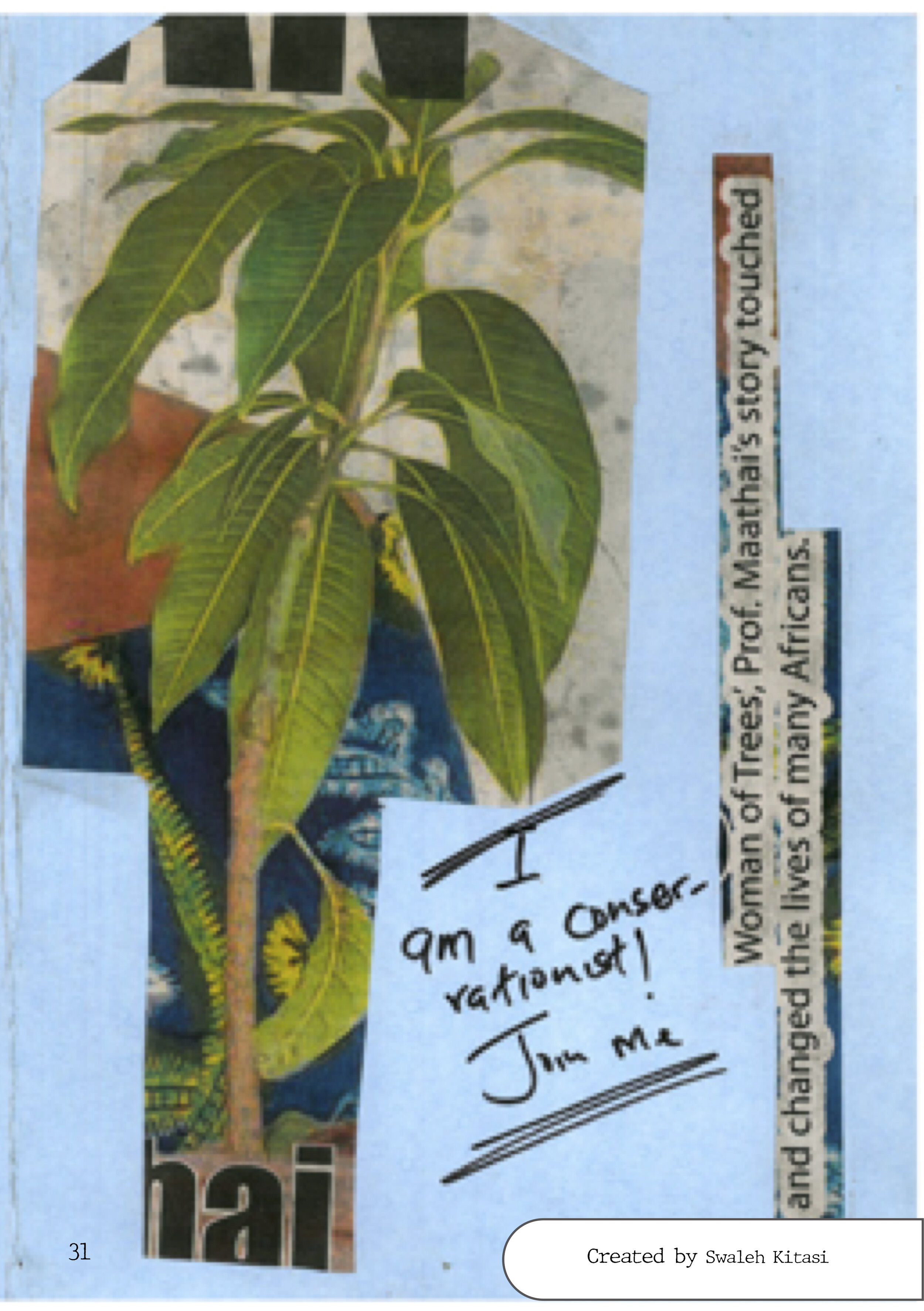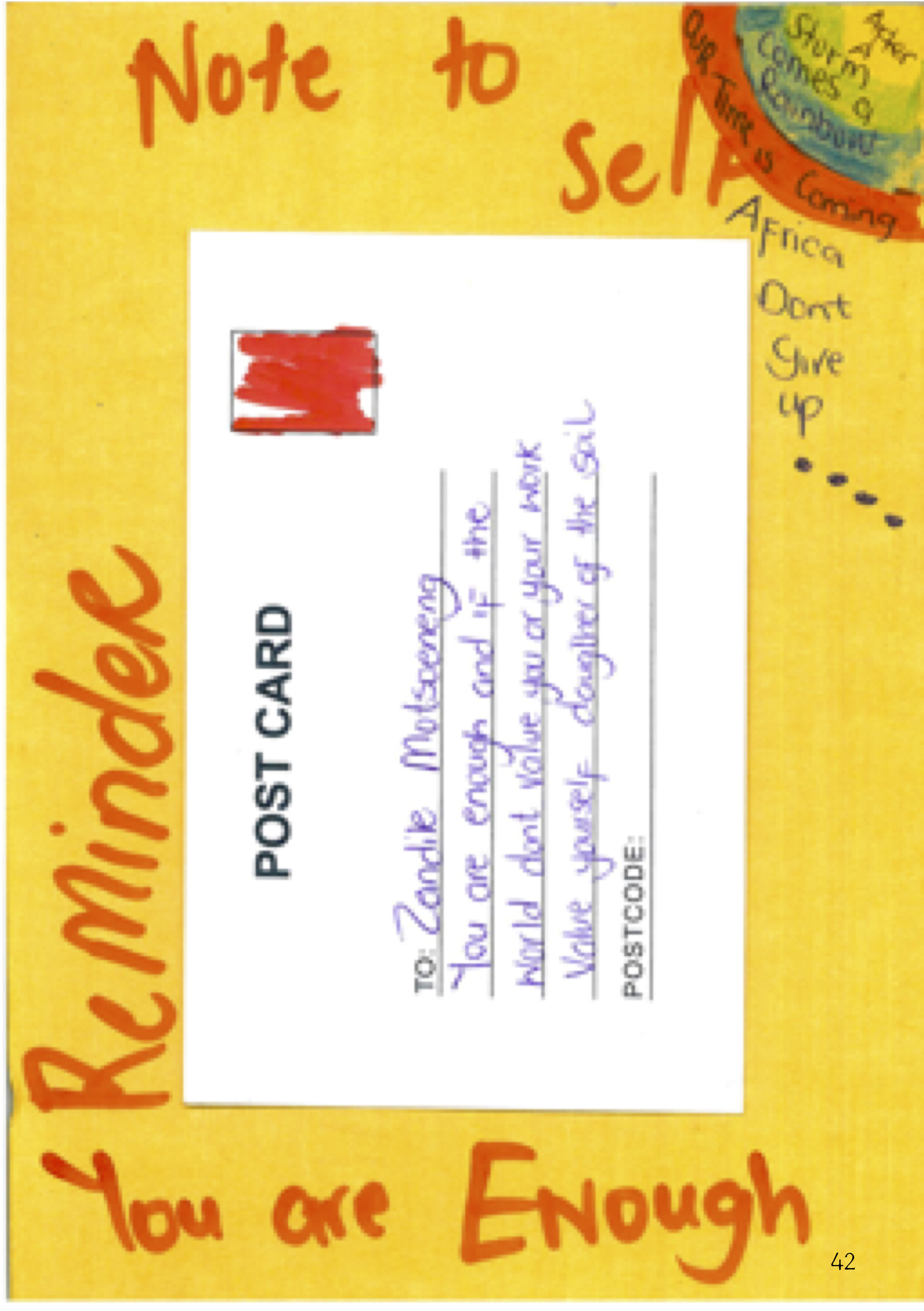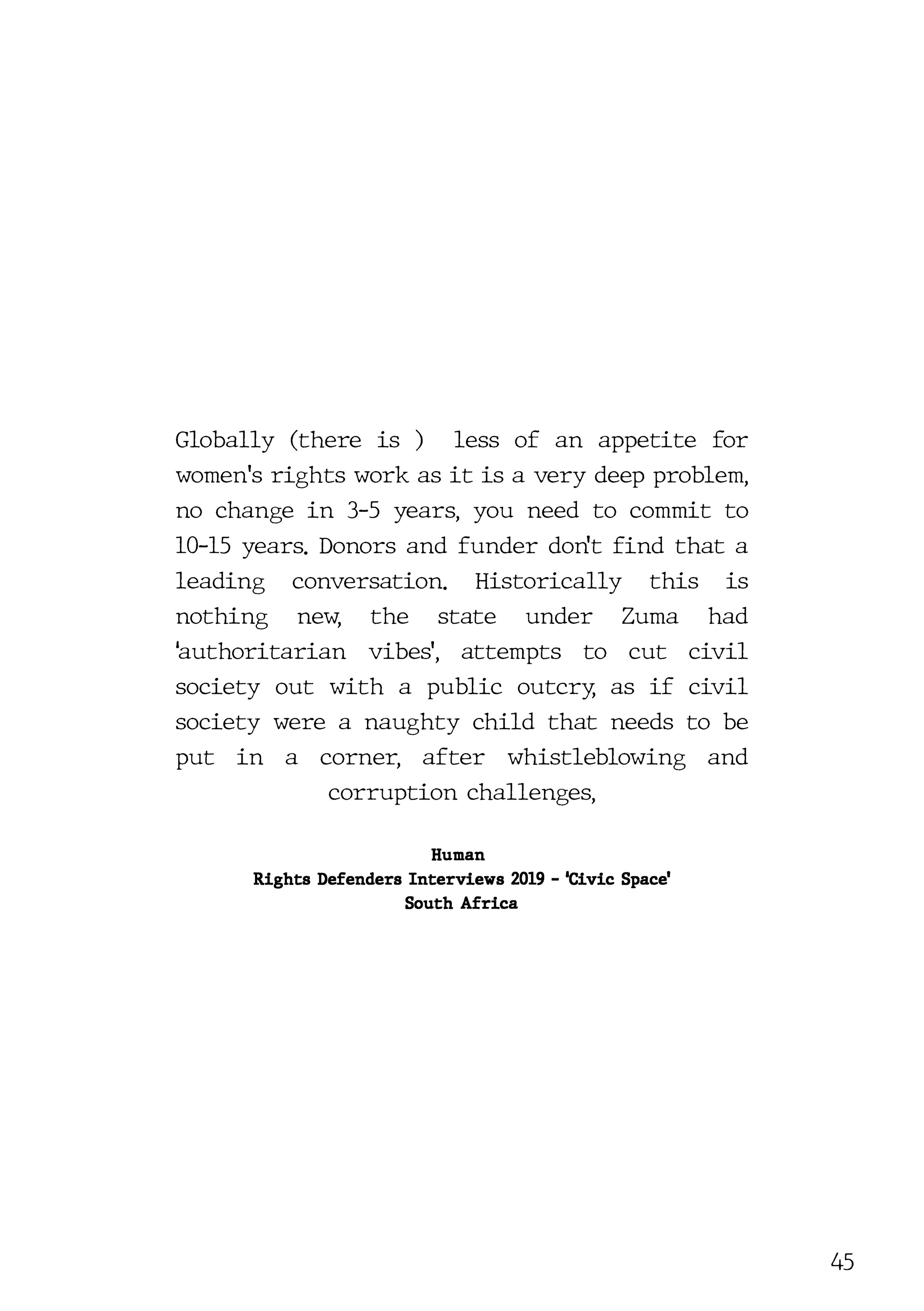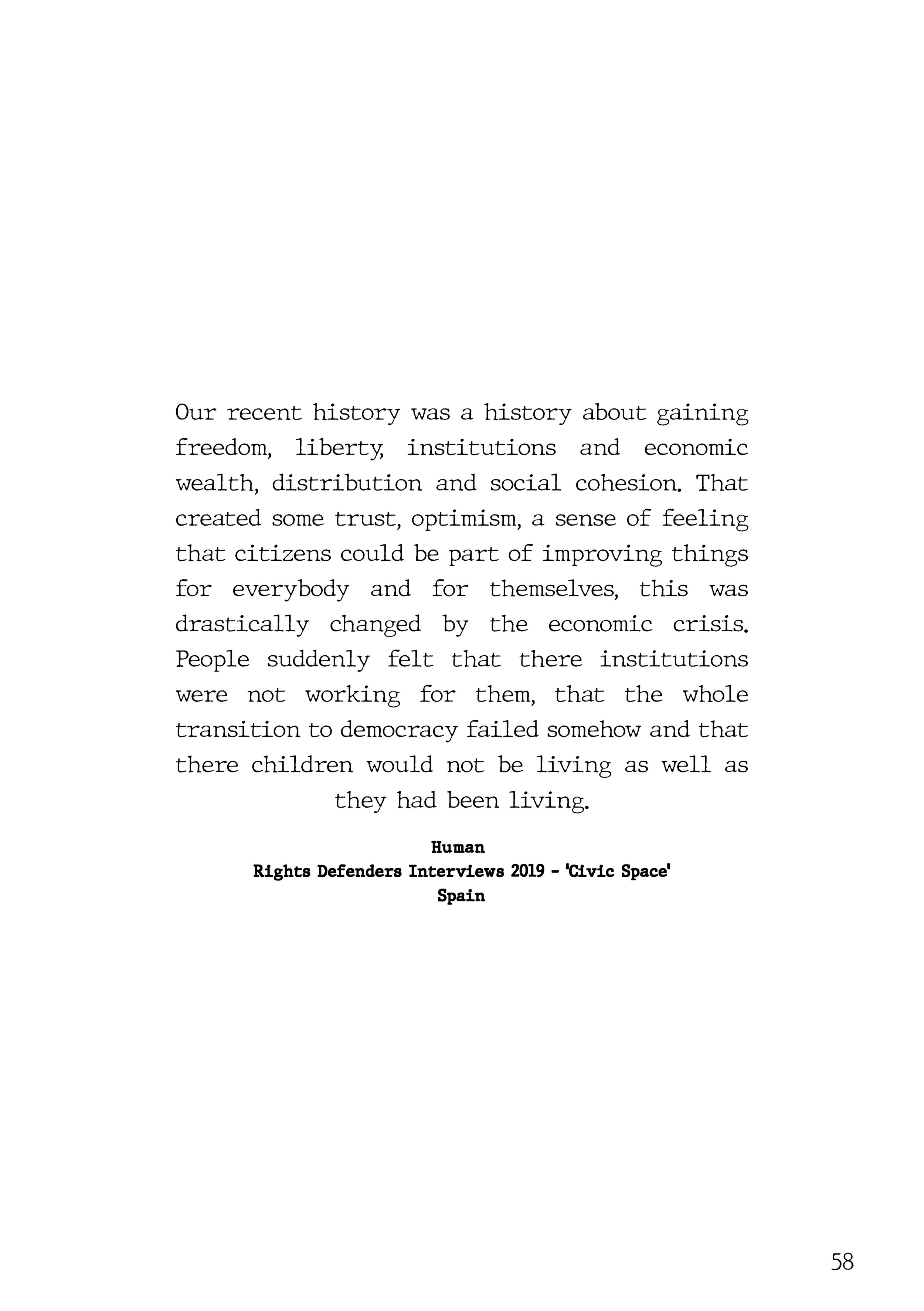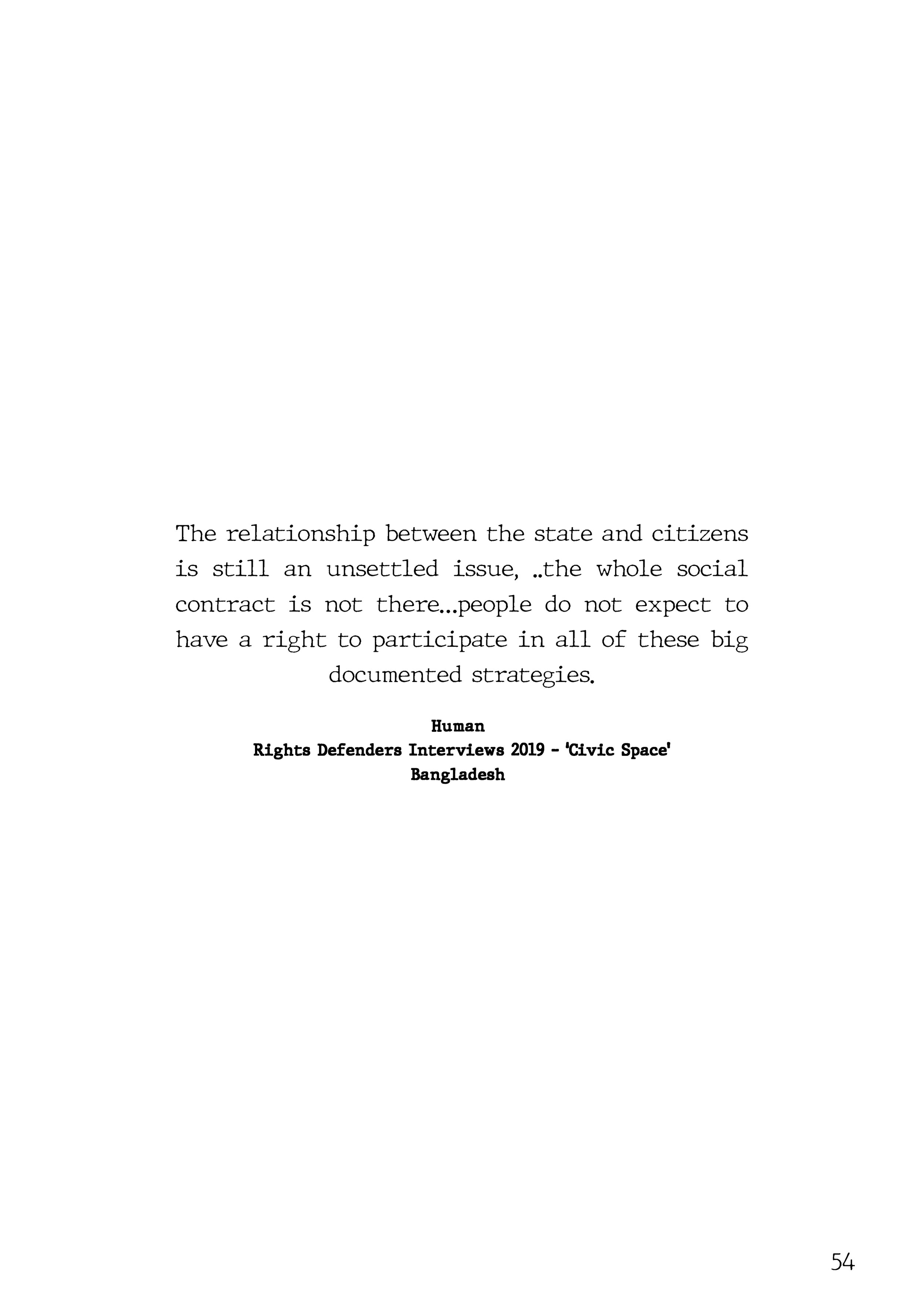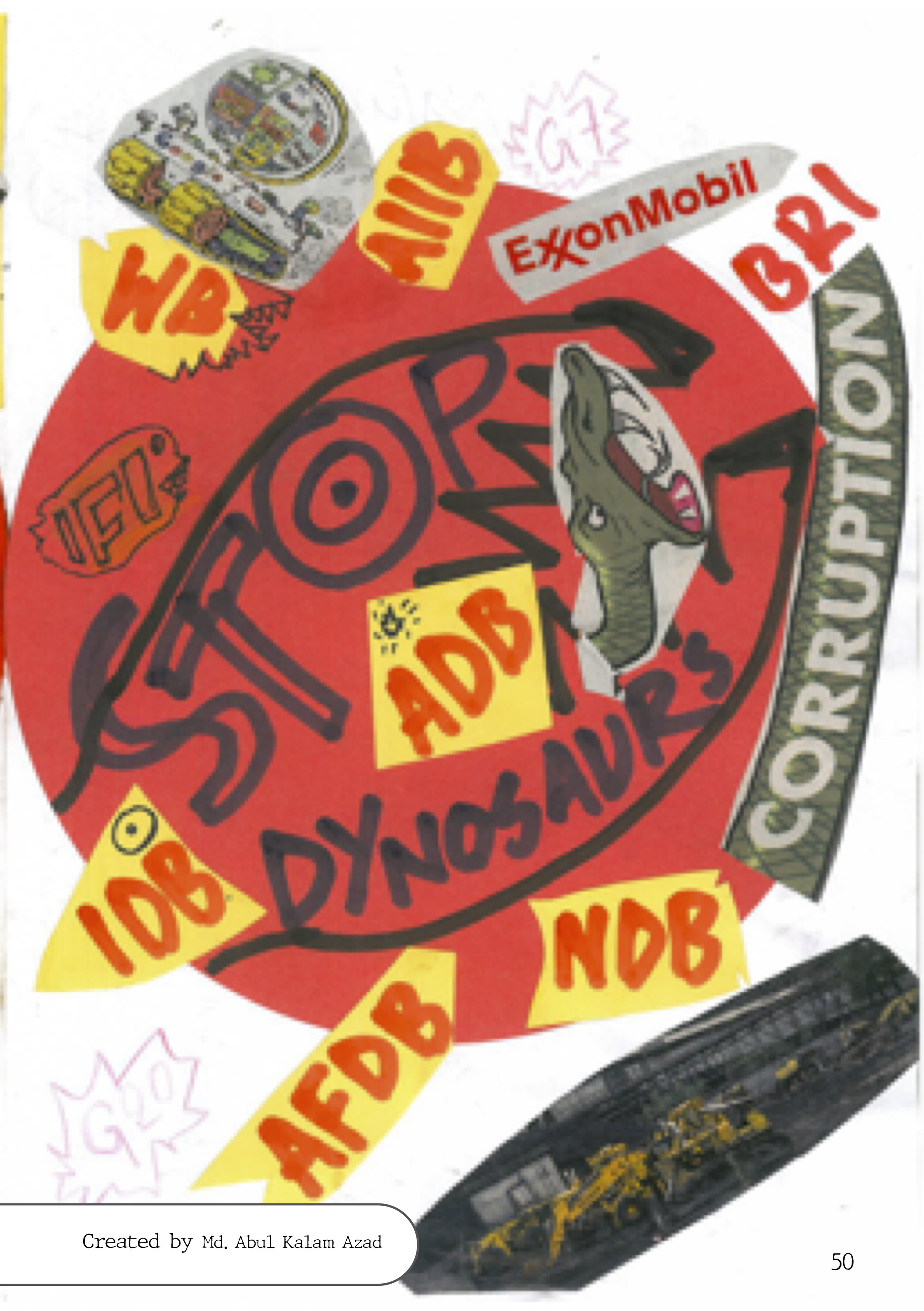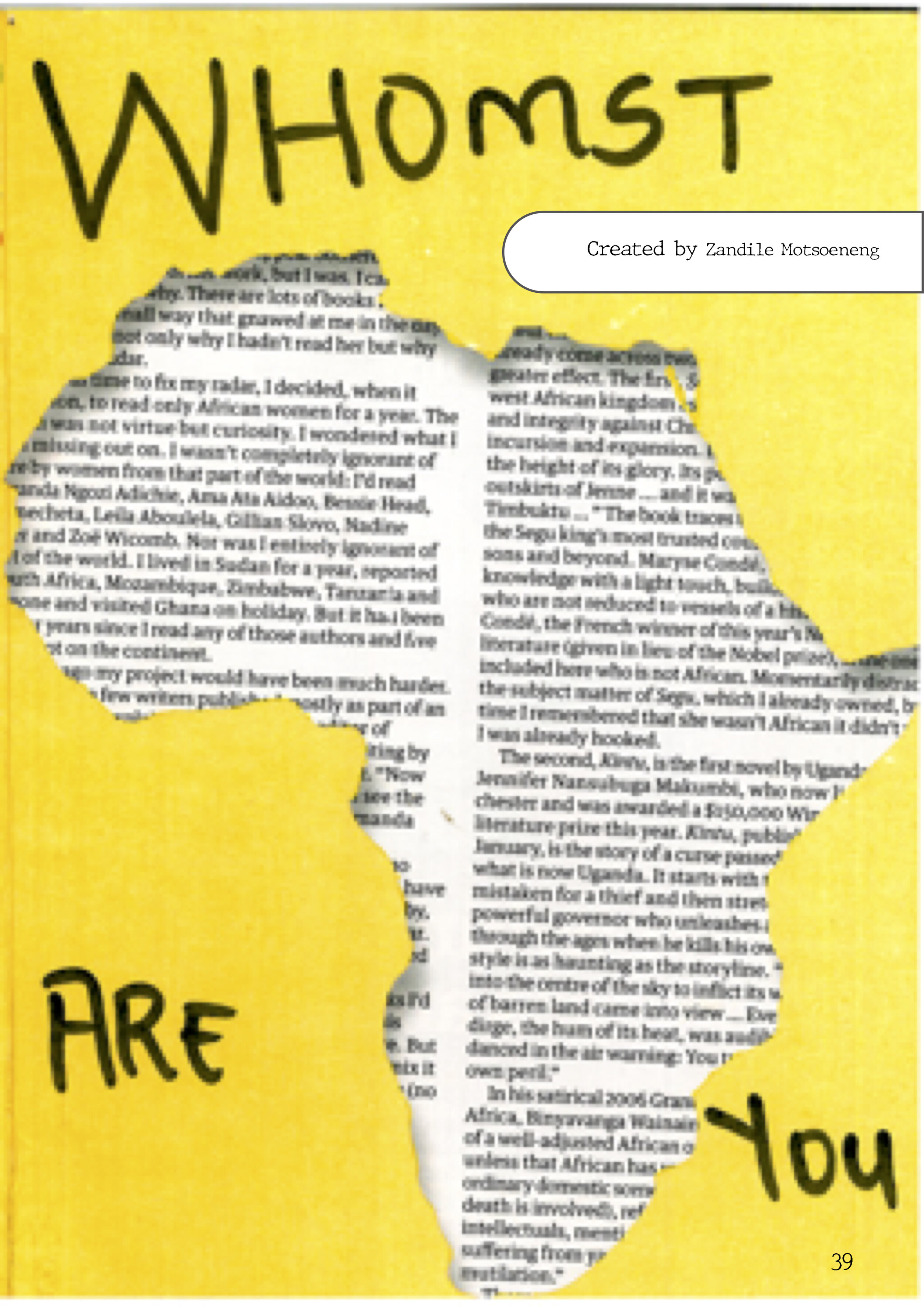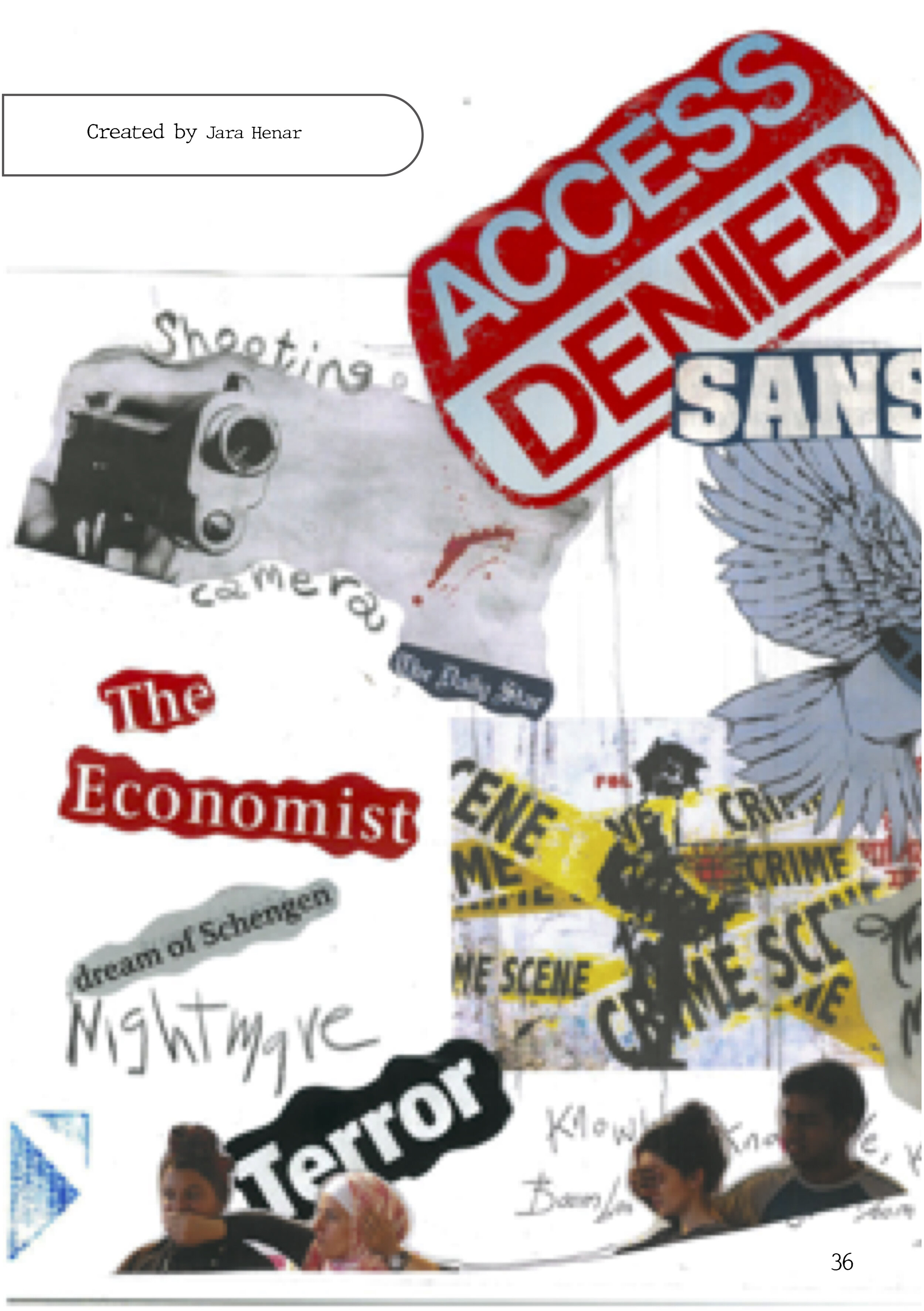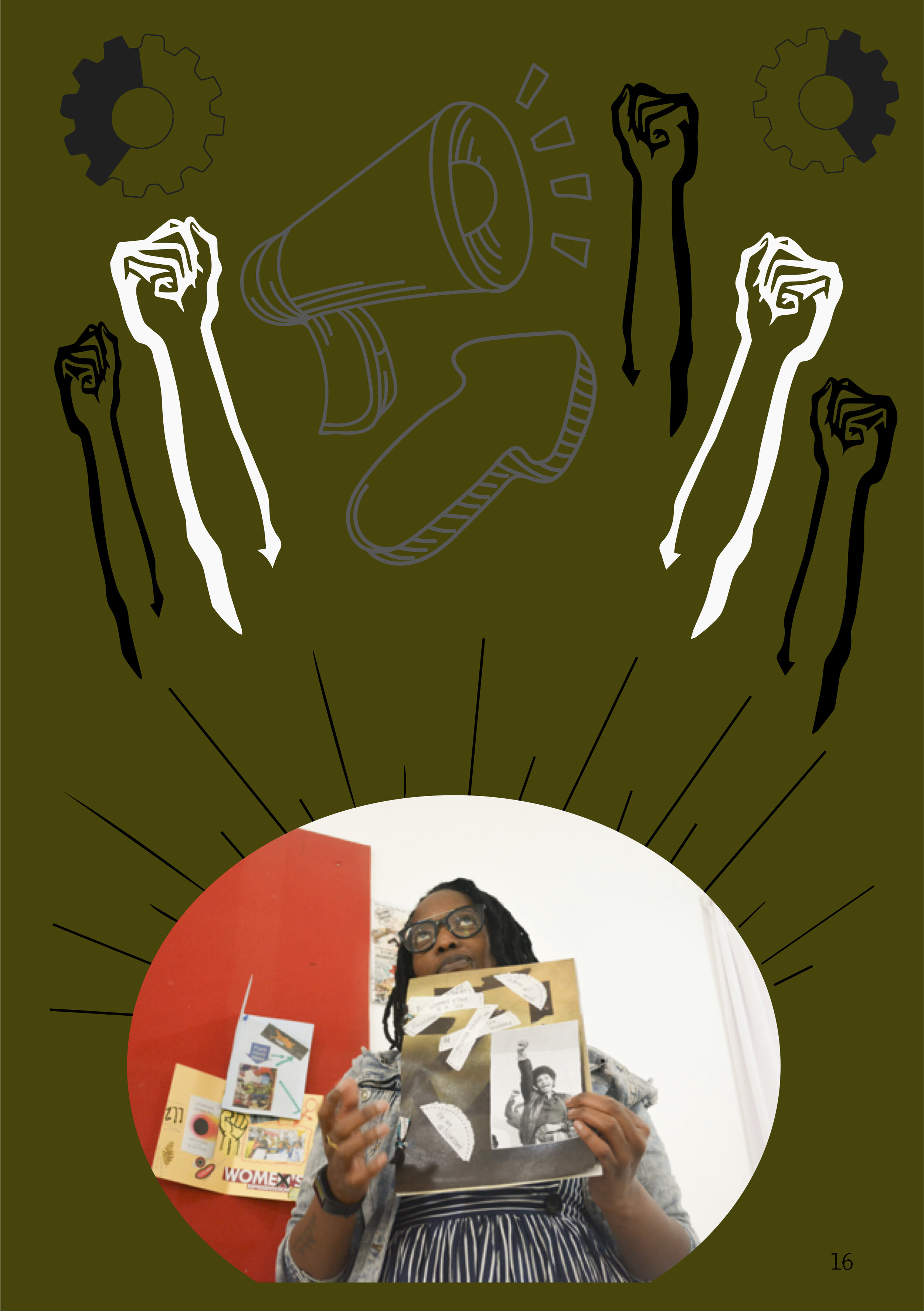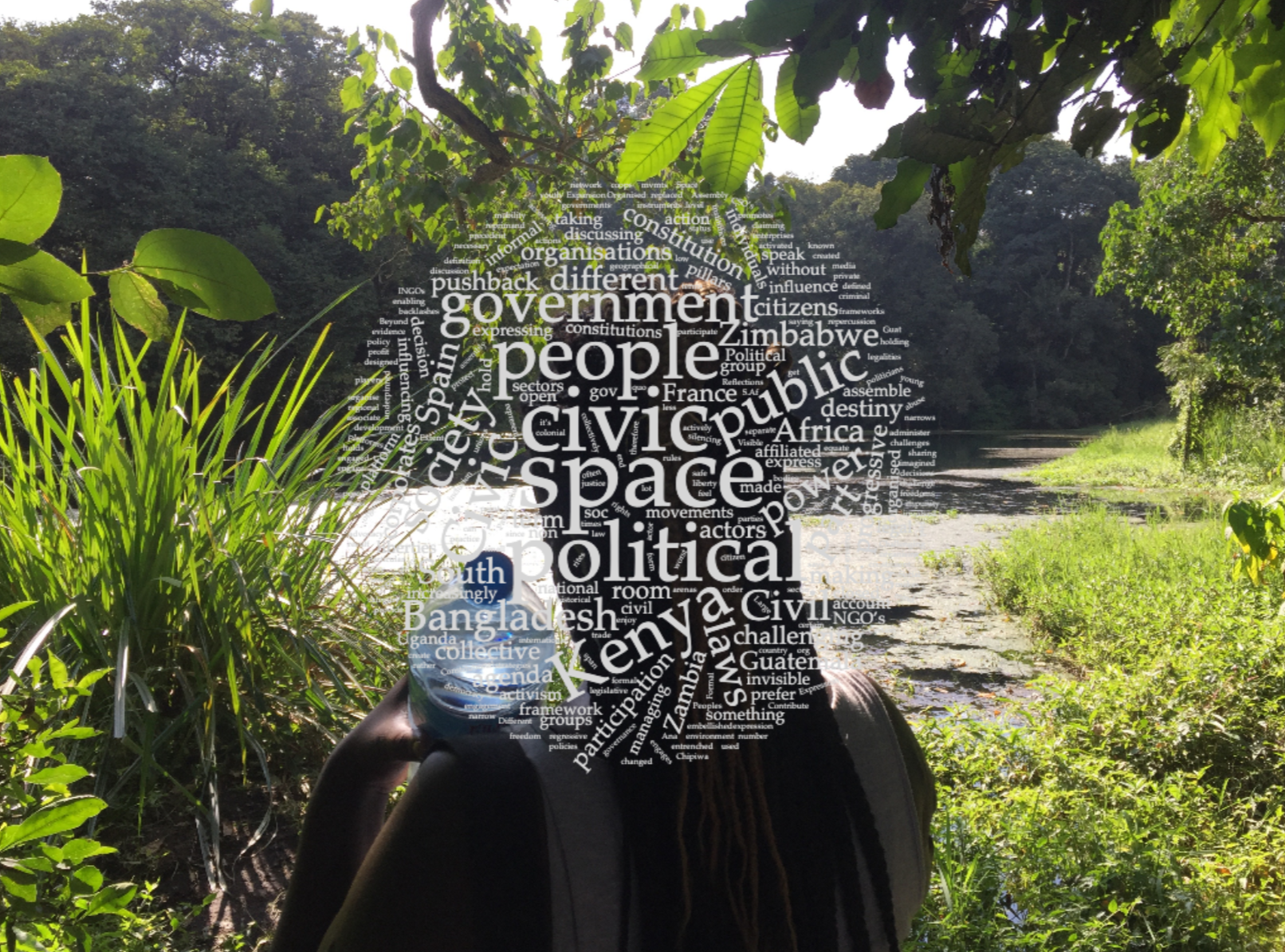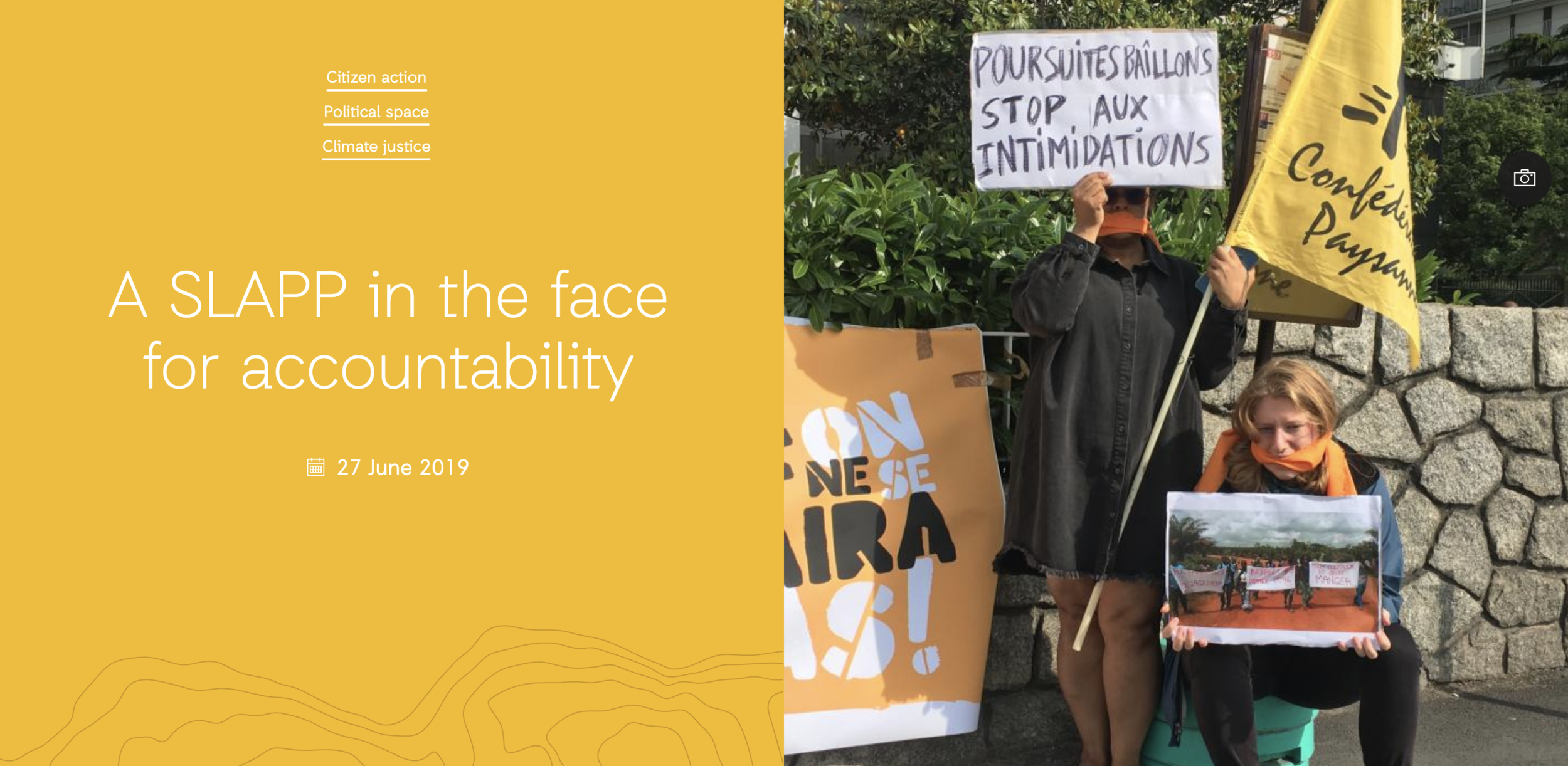Pushing Back: opening political and Civic Space
An early finding of the development alternatives research is that the imaginative space to think about alternatives is affected by political and civic space – if the latter is under attack, the former suffers too. The crack-down on civil society is a global phenomenon, which has dramatically affected the work of development and environmental activists in many parts of the world. Activists and artists in both Bangladesh and Uganda identified expanding civic space as a pressing priority. This project seeks to identify concrete ways of pushing back against shrinking political and civic space.
The project was funded through an impact grant from the Economic and Social Research Council to record and share examples of best practice and innovation from activists, organisations and social movements that are pushing back to promote and protect human rights in contexts of shrinking civic space. The case studies were selected by ActionAid from 9 countries; Bangladesh, France, Guatemala, Kenya, South Africa, Spain, Uganda, Zambia and Zimbabwe.
Looking at shrinking civic space
Artist Pamela Enyono behind the TCDC training centre near Arusha, Tanzania. The local population have recently been barred from crossing the bridge and walking on the other side as the land has been privatised and turned into a tourist resort. Land disputes were central to many of the case studies about community pushback.
“Shrinking civic space is new in a recent history.”
Audio Visual Case Studies
Findings and working paper
Interviewees strategies for expanding space
The research found that while civic space is shrinking in the nine case study countries, this is not a new phenomena, nor does it have a uniform effect. By grounding the findings in specific national histories of governance and resistance, and describing shrinking space from the perspective of those in the frontline, the case studies revealed the significance of the economic as well as political dimensions of pushing back against shrinking civic space. A working paper that drew together the project findings is available here.
Collaborative research
Workshop attendees strategies for expanding space
We want to acknowledge the contribution made to this research by the human rights defenders interviewed for the project who were instrumental in enabling us to take a ‘long view’ on shrinking civic space. As a window into their insightful critique of shrinking civic space we have uploaded a short audio track with some exerts from the interviews.
In addition we would like to acknowledge the contribution of the activists who came to the collaborative research workshop in Arusha to verify the research findings and share learning. The workshop brought together Action Aid staff, partners, researchers and artists at the Training Centre for Development Coordination in Arusha, Tanzania. On the third day the group produced a collaborative ‘zine’, led by multi media artist, Pamela Enyonu and took part in a panel debate, produced by Peter Murphy.
Collaborative Artwork
Pushing Back Zine
